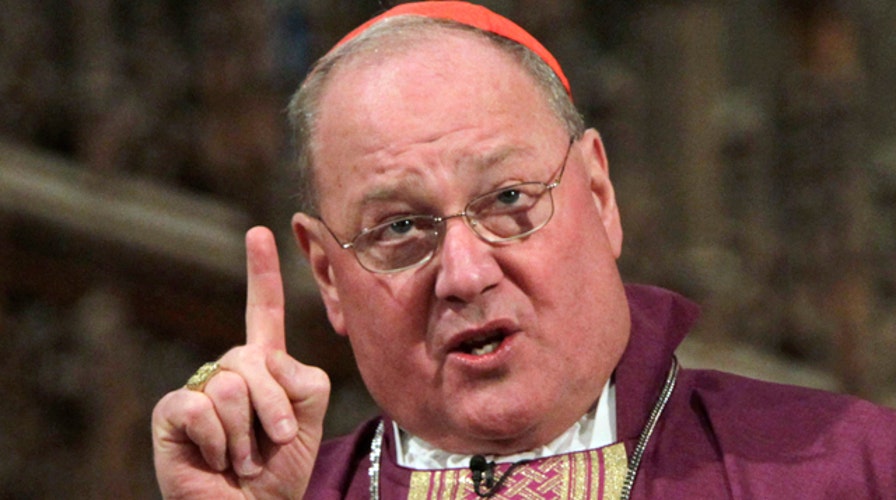No chance for an American pope? That may be a bit strong. But it is at the very least highly unlikely that a citizen of the U.S. will be elected pope in the upcoming conclave, or indeed at any time on the horizon. There are several reasons for this.
While many have speculated about the possibility of electing an Asian, African or other cardinal from outside Europe to the papacy, any non-European cardinal is an underdog. A two-thirds majority of the voting cardinals is needed for election of the pope and though the College of Cardinals is more international than it used to be, it is still dominated by Italians and other Europeans. Despite plenty of cultural differences among European cardinals, who hail from places as diverse as Poland, Italy, Scotland, and Ireland, they will naturally tend to vote for fellow Europeans, just as they have done historically.
Many non-European cardinals, including some Americans, can compensate for their outsider status by spending years in Rome. And it helps for them to learn several languages, Italian among them -- English and a smattering of Spanish are not enough. But no matter how many languages they may speak, or how long they may have been in Rome, or what they may have done in Rome, Americans remain Americans, and will still be viewed that way.
[pullquote]
Inherent geopolitical factors about the United States also make the prospect of an American Pope improbable. In particular, the superpower status of America is a major obstacle. If China were ever to dominate the world, the chances for an American pope would rise. But for now, much of the world resents U.S. power and dominance -- military, political, diplomatic, cultural and economic. Few non-Americans would want religious dominance added to this list.
- Pope considering new conclave rules, but date of papal election still uncertain
- How is a pope chosen? A conclave’s rituals, oaths and symbols, explained by the master
- As Vatican leader Pope Benedict never had a chance
- After Benedict’s startling announcement, analysts re-examine chances for an American pope
- Speculation mounts on who will be next pope
This contrast between the European perspective -- and the Holy See’s -- and that of the U.S. has been highlighted especially within the last decade, such as in 2003 when Pope John Paul II criticized America’s handling of the war in Iraq. According to the European perspective, a perspective formed in part by American cinema, the U.S. looks permanently addicted to a cowboy culture that glorifies trigger-happy violence and spurns peaceful conflict resolution.
Such a perception extends to the view of American domestic politics. While the death penalty is but a distant memory in nearly all of Europe and indeed most of the world, it remains a lasting element of the U.S. system of justice. And while the papacy has moved in the last half century or so to defend human dignity by rejecting both individual and state-sponsored violence, the U.S. has appeared to be stuck in its death-penalty ways.
Similarly, many take issue with a country as wealthy as the U.S. still arguing about whether it is willing to guarantee access to health care for all. While the Catholic Church promotes the common good, many still perceive individual greed as the operative motive for much of the U.S. While the Church’s tradition sees the poor as images of Christ, American culture tends to dismiss them. Such a disparity in attitudes toward the poor makes America look unattractive to much of the world.
This has been reflected in U.S. economic policy. After World War II, many European countries moved to adopt progressive economic policies with an emphasis on basic human needs like a living wage, a fair distribution of goods, paid vacations, equal access to health care and education, and a dignified retirement at a reasonable age. In countries such as Germany and Italy, this was especially influenced by Catholic Social Teaching, and included putting the dignity of labor and the right of workers to organize into law and practice. In many places in the United States, there has been increased pushback against such policies.
Perceptions count in papal elections, however fair or unreasonable, true or inaccurate they may be. No matter what an American cardinal does, he is nonetheless still an American, and is associated with the baggage that, according to many, his nationality is thought to carry.
But the possibility of an ‘American’ pope is decidedly less bleak if you include the Americas in a broader sense. A pope from north or south of the U.S. borders, such as from Canada or Latin America, free from the perceptions of U.S. political and cultural dominance is a decidedly more likely prospect.

